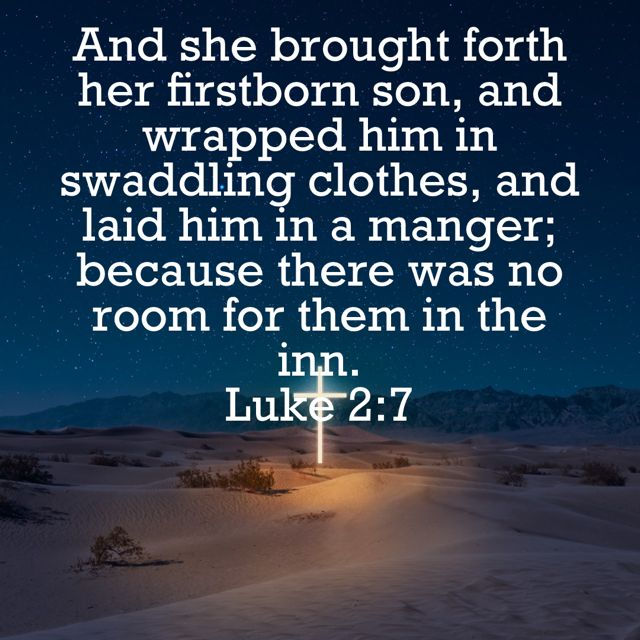Fall PRT Journal - Calvin and the Third Mark of the True Church
- prcseminary1925
- Dec 15, 2022
- 2 min read

The Fall (November) issue of the Protestant Reformed Theological Journal has now arrived from the printer and was mailed out today to our U.S. subscribers. The foreign issues were picked up yesterday and will be on their way to various countries soon. If you are not on the mailing list for the PRTJ, call or email our office and we will be happy to add your name.

If you wish to know the contents of this issue, visit this previous post on it. For this post, let's introduce you to the first article, "John Calvin and the Third Mark of the True Church," by Prof. C. Griess.
"The Belgic Confession in Article 29 teaches that church discipline is a mark of the true church: “The marks, by which the true Church is known, are these: if the pure doctrine of the gospel is preached therein; if she maintains the pure administration of the sacraments as instituted by Christ; if church discipline is exercised in punishing of sin.”1 A “mark” of the true church is a perceivable element that lets one know that the true, visible church of Christ is present. The invisible body becomes visible in true, visible church communions that share specific, biblical marks. The Belgic Confession teaches that these marks are three in number.
"John Calvin, however, taught that there are only two marks of a true church: the pure preaching of the gospel and the proper administration of the sacraments. Church discipline, for Calvin, was not one of the marks of a true church. Calvin taught this in spite of the fact that he expended much of his life’s energy establishing church discipline in Geneva. Furthermore, Calvin taught this in spite of the fact that other reformers around him taught church discipline as the third mark of a true church.
"The burden of this article is to investigate the questions that arise from these facts. Why did Calvin not teach church discipline as a third mark of the true church? What was Calvin’s view of the importance of church discipline, if he was not willing to describe it as a mark of the true church; that is, what role does church discipline play in his broader theology? Why was Calvin willing to give so much of his life’s effort to secure the church’s rights to discipline if he did not believe discipline was a mark of the true church? Finally, is the Belgic Confession out of accord with Calvin’s view of the importance of church discipline?"
Follow the link above to continue reading this instructive and edifying article.




Comments